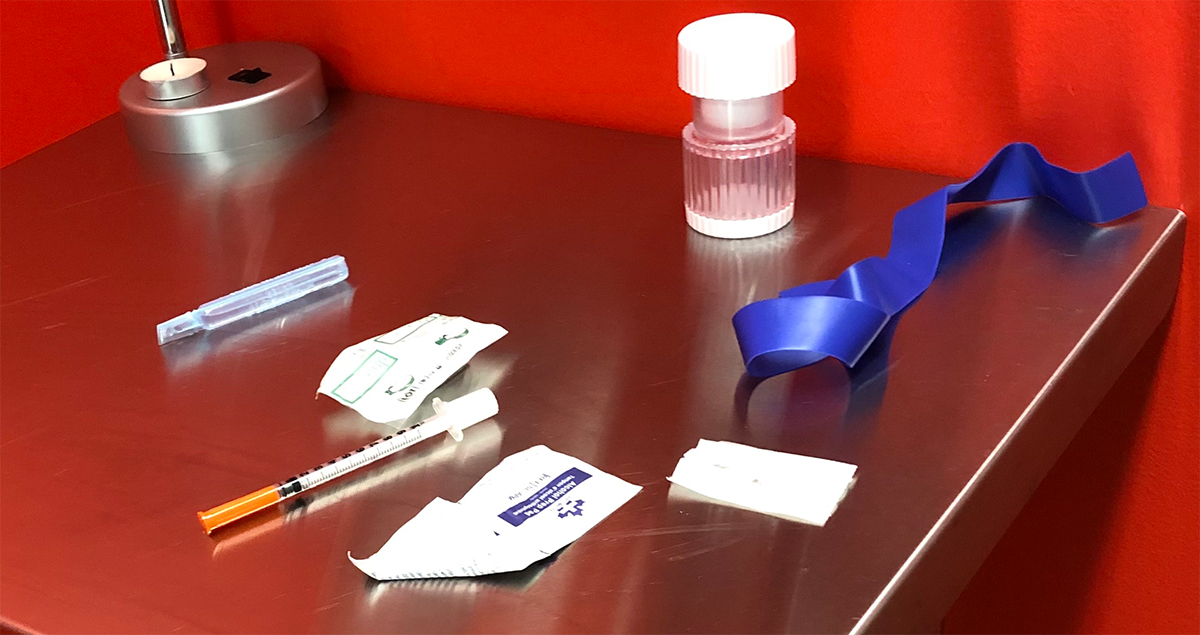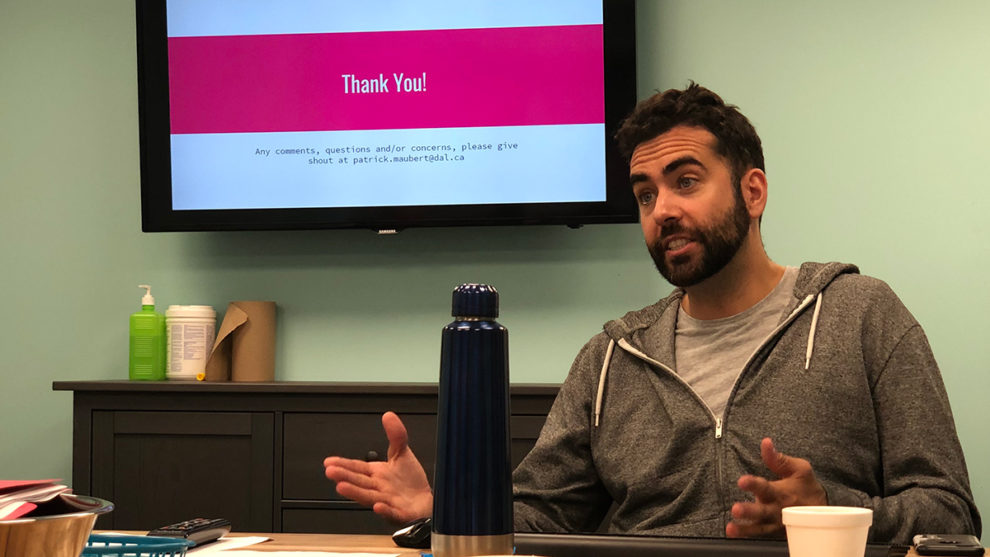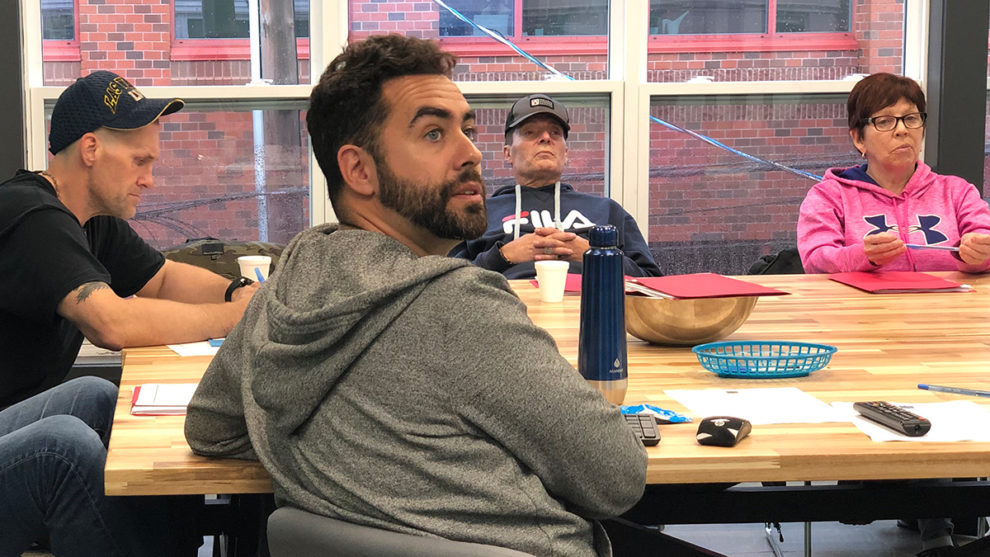New harm reduction project wants to empower substance users in Atlantic Canada
Group hopes to find out what's working in local communities and help them do that work

caption
Drug paraphernalia laid out at the overdose prevention site in Halifax.Patrick Maubert wants to share his personal experience with substance use to help other users.
Last month, Maubert was part of a group from Halifax that travelled around the Atlantic bubble to launch a new project called the Substance Users Network of the Atlantic Region (SUNAR). They visited six organizations that provide harm reduction services like clean needles and glass pipes. The goal of the federally funded project is simple: find out what is working in local communities and help them do that work.
What makes the project unique for the Atlantic region is that SUNAR is made up of individuals who have personal experience with substance use. They will decide the direction of the network and where the project’s resources will be focused. Some members also have professional experience or education, like Maubert who is a former substance user and currently a social work student at Dalhousie University.
“A lot of the job is talking about our lived experience and [to] draw upon experiences that we have all sort of shared that may or may not be the narrative of the powers that be,” Maubert said.

caption
Patrick Maubert leads a group discussion during a workshop at Direction 180 in Halifax on Oct. 14.Harm reduction supports for substance users are not equal across the Atlantic region. The only overdose prevention site, where users can safely inject drugs, is in Halifax. Naloxone is free at pharmacies everywhere except in P.E.I., where it costs $50. In rural areas there may not be any support at all. The stigma around substance use remains an issue everywhere.
Maubert said some of the organizations the group visited were wary of visitors from Halifax who might not know about the realities of their communities. “People were like, ‘What do these people want this time? What now?’”
That feeling didn’t last long. Maubert said the groups were on board once they learned that members would have a large part in determining the direction of the project.
”We all left very charged,” he said.
Amanda Diggins, executive director of AIDS New Brunswick, agrees.
“We’ve already benefited a lot in just having a collaboration and getting to talk to others that are in similar circumstances,” Diggins said.

caption
Patrick Maubert, centre, watches a video during the workshop.Cindy MacIsaac, the executive director of Direction 180, an opioid treatment program in Halifax, said they are “not the experts” when visiting these communities. The project was her idea and it all began with the knowledge that many places already provide effective harm reduction services with limited resources.
“There’s a lot of innovation,” MacIsaac said. “There’s creativity, there’s experience, there’s expertise, and we’re just there to hopefully strengthen that connection with the substance-using population.”
SUNAR’s project co-ordinator, Caroline Ploem, explains how the project will strengthen those connections.
“It doesn’t have all the answers, but we can try and facilitate that through an infrastructure and financial support that we can provide to the different organizations,” Ploem said.
The project is still in the early stages, but organizers are active on social media and currently working on a website. There will be regular meetings so that network members can continue to share experiences and knowledge.
“I like to say we’re putting a face — a realness — to a sort of lofty project and bringing it home to the actual local and regional needs,” Maubert said.
About the author
Preet Bhogal
Preet Bhogal is a journalist in Halifax and has a dog named Cole. He writes about politics, health, and social justice issues.
